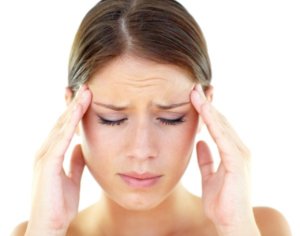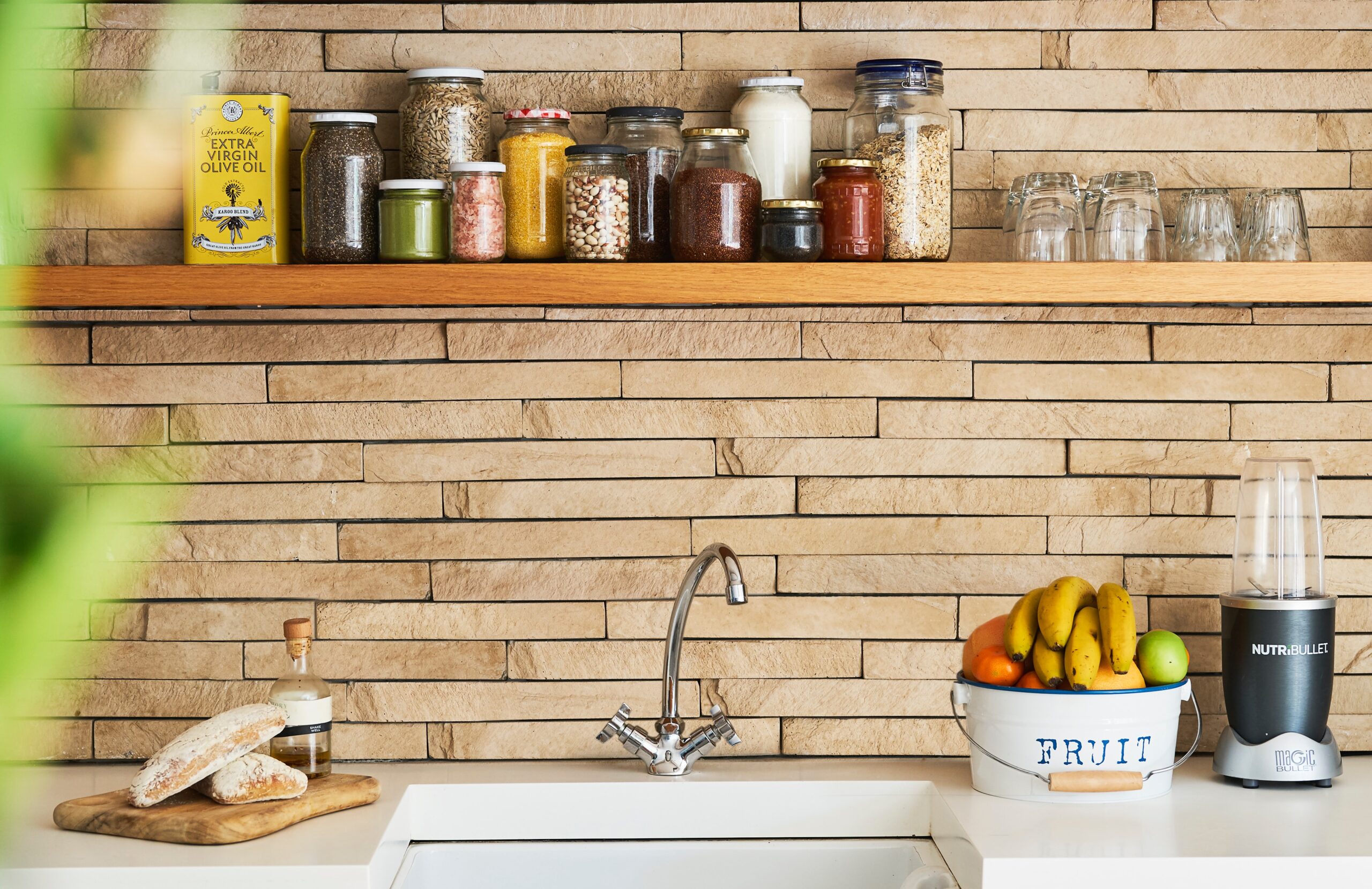Diet & Migraine
Diet & Migraine
I have been asked frequently lately regarding migraine and headache triggers and their links to diet. This is a topic that is near and dear to my heart because chronic migraine is something that I struggle with. Forewarning, if you struggle with headaches and/or migraines – I am not hear to provide you with a “miracle diet” or “miracle cure”. What I hope to provide is a set of guidelines and/or tips to possibly help provide you with some relief. Not all headache or migraneurs have food triggers and for those that do – not all foods will affect everyone in the same way – each and every individual is different. It has been found that certain foods have been more likely to cause headaches/migraines, and I will get into those shortly.
First and foremost, if you suffer from headaches and/or migraines – please talk to your doctor. It is absolutely essential to have a medical professional on your side that can help you navigate how you’re feeling. And if possible, try to find a neurologist that specializes in migraines or a headache specialist. You can find a professional using the National Headache Foundation’s Healthcare Provider Tool here: http://www.headaches.org/physician-finder/
Second, start a headache diary. That means, keep a log of all of your meals, snacks, and beverages throughout each day. The best way to get familiar with food triggers is to keep track of what you eat. Now in this same diary, also keep track of when/if you get a headache or migraine. Be specific, write down when it started, how long it lasted, the severity, and symptoms. The idea here is to over time recognize certain patterns around your food and their relationship to migraines/headaches. You may find that you get headaches or migraines during a certain part of the day or after a certain meal or after having specific foods/drinks. For those of you that get headaches/migraines – I’m sure you’ve been told to follow a gluten free-diet and all your woes will disappear. There is no significant scientific evidence that states eliminating gluten from your diet will alleviate headaches/migraines. Some people may feel better by removing excess sugar and processed foods from their diet – but there is no direct link between this type of eating and migraines.
Third – foods to keep an eye on. There are certain compounds in foods that have been shown to trigger headaches and migraines i.e. tyramine, nitrates/sulfites, beta-phenylethamine, and tannins. The foods that contain high amounts of these compounds include but are not limited to dairy, chocolate, processed meats, caffeine, and alcohol – you can find a more extensive list here: http://www.achenet.org/resources/controversies_in_headache_medicine_migraine_prevention_diets/ . The best way to know if you are affected by these types of foods is to keep a log of what you eat and when – and then see how your body responds. Have you noticed how that one glass of wine almost always give you a pounding headache? Did you have pizza and beer last night and this morning you feel hungover? Keep an eye out for situations like these – your body and brain may be telling you that it is sensitive to certain things. The only way to know for sure if to keep track of it and through trial and error. Trust me – all the work put in to figure this out is well worth it. Find a designated headache/migraine diary which can be as simple as a notebook or if tracking on your smart phone is easier try apps like My Fitness Pal, iHeadache, or Migraine Buddy, which are free to download and use. If you think a certain food is a trigger for you – eliminate it from your diet for a few weeks and see if there’s a difference in the number and/or severity of your headaches/migraines. Caution – avoid eliminating too many foods from your diet all at once, this is often times not helpful in the long-term due to causing stress and decreasing your enjoyment at meal times.
Fourth – how to decrease the chances of your next headache or migraine. There are certain lifestyle modifications that you can incorporate that have been shown to decrease the occurrence and/or severity of headaches and migraines. First is to stay well hydrated – and by hydrated of course I mean drink plenty of water. Eat fresh fruits and vegetables daily – the antioxidants help to decrease inflammation that may occur in the brain. Stay active – all it takes is 10-20 minutes of gentle exercise like walking every day to help ease the pain of headache and migraines.
Keep in mind, headaches and migraines are very complex and working on your diet is just one part of a variety a factors that can contribute to headaches and migraines. But any new information you can learn about yourself and your habits/patterns is a vital part of keeping you healthy.
Resources:
http://www.americanmigrainefoundation.org/
CAND Instagram
Recent Posts
Meet the Author
Bringing you the best nutrition information...
Our Academy Bloggers
CAND has several professional and student bloggers. They write about a range of topics for the public.




